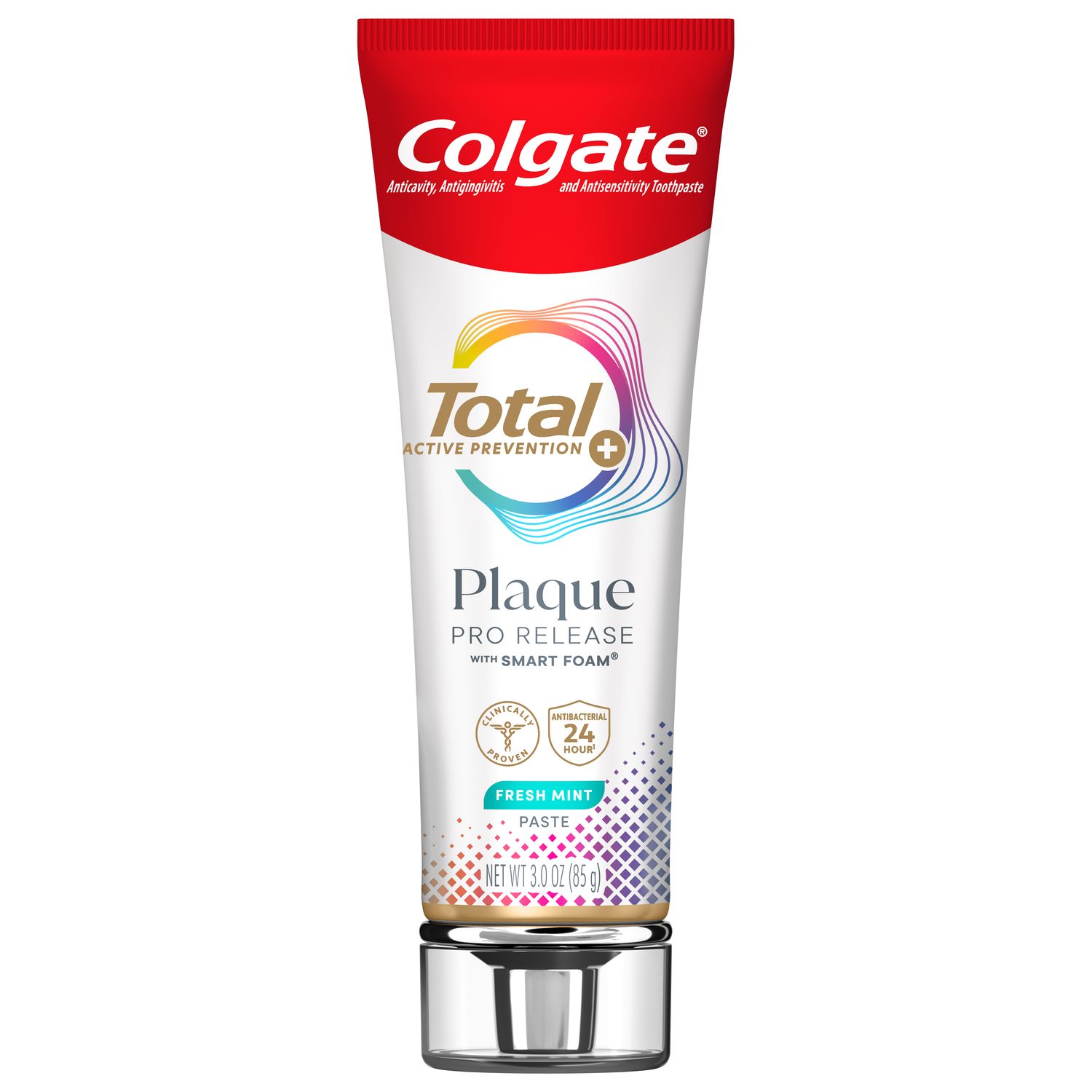
When we were in school, we would get together to share ideas and question each other on specific topics. It allowed us to explore and secure our ideas, and dive deeper into our education. The same thing applies as we continue in our profession. The Journal of Dental Hygiene puts it well, stating "The dental and dental hygiene professions are characterized by a number of recognized study clubs that bring local colleagues together to enhance knowledge and skills related to their profession." Ever-changing technology and the world in general requires that we stay on top of research. Some dental hygienists work in a single-provider practice and may not have the ability to directly discuss information with a colleague. Finding outside support with a great study club could help establish opportunities for further continuing education and also offer a sounding board for difficult situations.
How do I build it?
It's important to remember that you want to be with like-minded people. When looking to start a study club, look for people who share the same type of philosophy of care you do. Are their other offices you refer to? Do you have fellow classmates you keep in contact with? Finding a group of people you can trust is vital. Virtual study clubs are a great way to reach out, and, they allow you to meet with people no matter where they are! So, how can you build it?
1. Put together a short questionnaire about what you are wanting to accomplish. Do you want a group to earn CEs with? How regularly do you want to meet? What type of things do you want to learn about? These questions can help direct what type of group you can build.
2. Reach out on social media! Positive platforms on Facebook such as the Colgate Oral Health Advisors can provide a great starting place on who may be interested! Create a post about wanting to start a virtual study group. Have people direct message for more information and to get the questionnaire.
Now what?
There are multiple platforms for meeting for your Virtual Study Club. Platforms such as Google Meet or Zoom are a couple of the more common sites, however others do exist! Using the information from the questionnaire, reach out to experts and professionals on the most commonly requested topics. Build a 6-month plan for speakers and set up a specific schedule. One of the great benefits of a Virtual Study Club is the convenience of doing it from anywhere, however people still need to make a plan on being available for those days. The more advanced notice, the better! Cherished continued education is a big deal. While you may be organizing the event, you can't necessarily provide CEs based on your expertise. Make sure powerpoints and presentations meet the requirements. You need to ensure proper content is provided and professional etiquette has been established. a group that will provide CE credits on your behalf under their license. They also keep track of your CEs for record keeping! You can also have meetings for your Virtual Study Club that provide information without CE credits.
Was it successful?
Has it been a successful program? I mean why keep doing it if it's not serving its purpose? Ask the group! When evaluating the results of the study group, look at some of these points.
- How many people stayed with the group after the first meeting?
- Evaluate progress after the six months. Send out a questionnaire to the group and ask if the primary goals were met and if speakers met expectations.
Virtual Study Groups can be a convenient professional way to enjoy learning with other colleagues. You may save on CEs and you can gain a group of professionals you trust whether locally or nationally to share ideas and patient care with. Spreading the knowledge can help you become a better hygienist!
Join us
Get resources, products and helpful information to give your patients a healthier future.
Join us
Get resources, products and helpful information to give your patients a healthier future.













